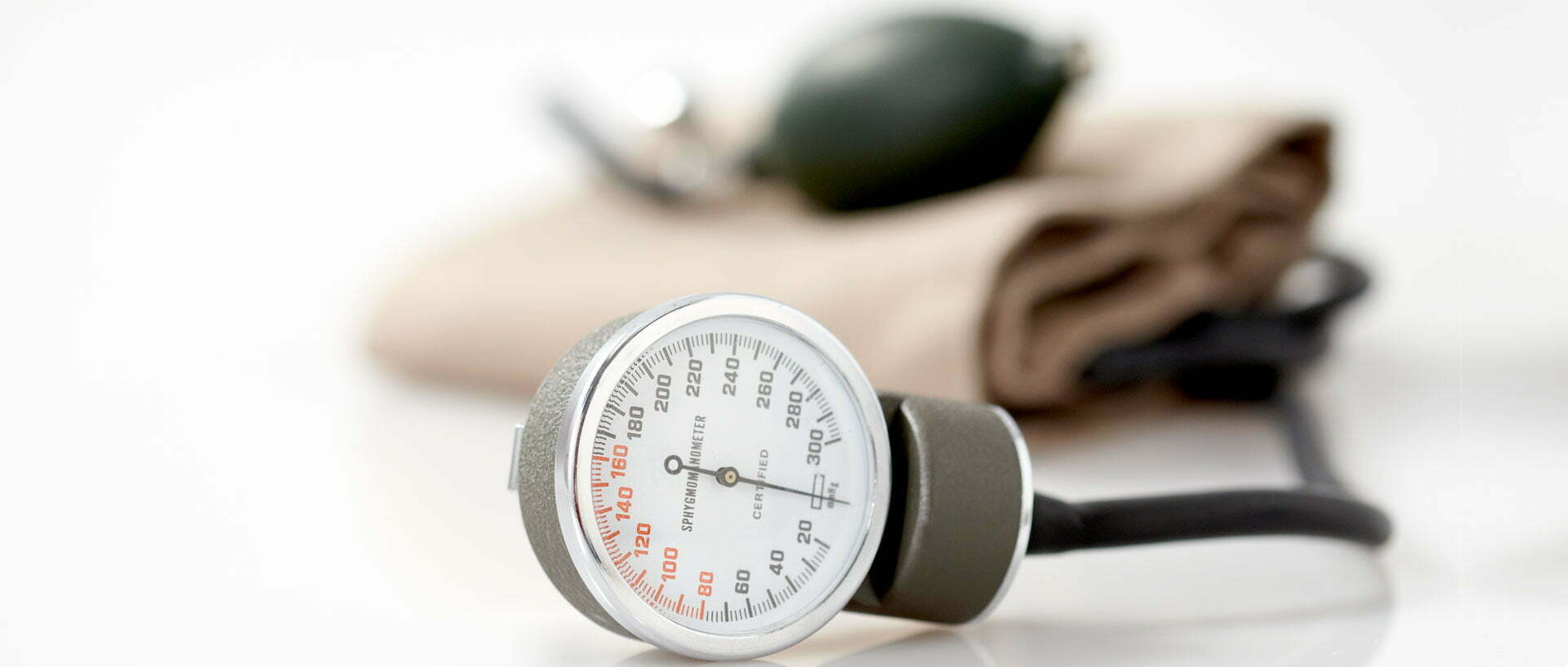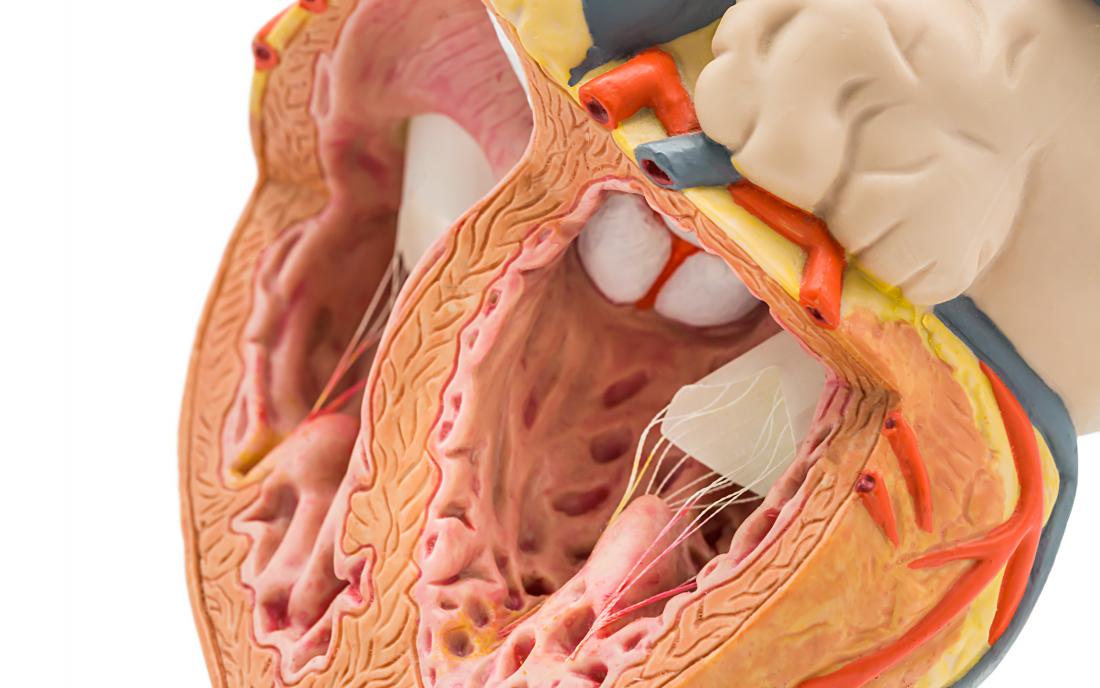Moreover, a good-sized affiliation became noticed between meals neophobia and unfavorable fatty acid profile and accelerated degree of inflammatory markers within the blood. Meals neophobia — or worry of latest substances — may additionally lower somebody’s dietary consumption and enhance the specter of life-style issues, together with cardiovascular sicknesses and type 2 diabetes. Meals neophobia is an consuming habits trait whereby somebody refuses to style and devour meals objects or meals they’re now not acquainted with.

Researchers from the College of Helsinki in Finland and the College of Tartu in Estonia examined the neutral impression of shopper habits, particularly meals neophobia, on dietary high quality and life-style sicknesses and their hazard components. The findings toughen the idea {that a} versatile and healthful weight reduction program performs a key operate and even has an unbiased place in health,” stated Markus Perola from the Finnish Nationwide Institute for Well being and Welfare.
The study monitored people aged between 25 and seventy-four years throughout a seven-yr comply with-up.
Meals neophobia has been noticed to be a powerful hereditary trait: twin analysis has noticed that as much as seventy-eight consistent with cent of it may be hereditary. The trait could be effortlessly measured through the use of the FNS questionnaire (Meals Neophobia Scale), which incorporates ten questions charting the respondent’s consuming habits. The FNS questionnaire became also used to diploma and quantify the newest substances’ fear on this look.
Meals neophobia is commonplace in kids and older people, particularly. Few analysis has to date been executed on meals neophobia within the private inhabitants. Traits just like meals neophobia and picky and fussy ingesting additionally happen in one-of-a-kind age companies contained in the inhabitants. These consuming behaviors could have a large impact on dietary high-quality and, in the long run, health. As one-of-a-kind developments associated to consuming behaviors has overlapping traits making a clear-cut distinction amongst them is difficult. They take a look at found that meals neophobia is said to poorer dietary nice: for instance,
The consumption of fiber, protein, and monounsaturated fatty acids could also be decreased, and saturated fat and salt extra in meals are neophobic. Moreover, a large affiliation turned noticed amongst meals neophobia and unfavorable fatty acid profile, and expanded inflammatory markers within the blood. Subsequently, meals neophobia moreover will enhance the danger of rising cardiovascular sicknesses or kind 2 diabetes. It’s steadily thought that the impacts of shopper habits and meals plan on health are primarily mediated via weight adjustments on my own.
On this examination, the impacts of meals neophobia emerged independently irrespective of weight, age, socioeconomic reputation, gender, or dwelling place. SupposeHereditary elements and our genotype easiest resolve our predisposition to meals neophobia. We will intervene in deviant consuming behaviors, together with meals neophobia, already in childhood or youth. This can assist to save lots of you functionality future well being points early on,” Perola said. Early adolescence education and care and life-style guidance in maturity can provide support inside the enchancment of a quite a few eating regimen,” he said.















